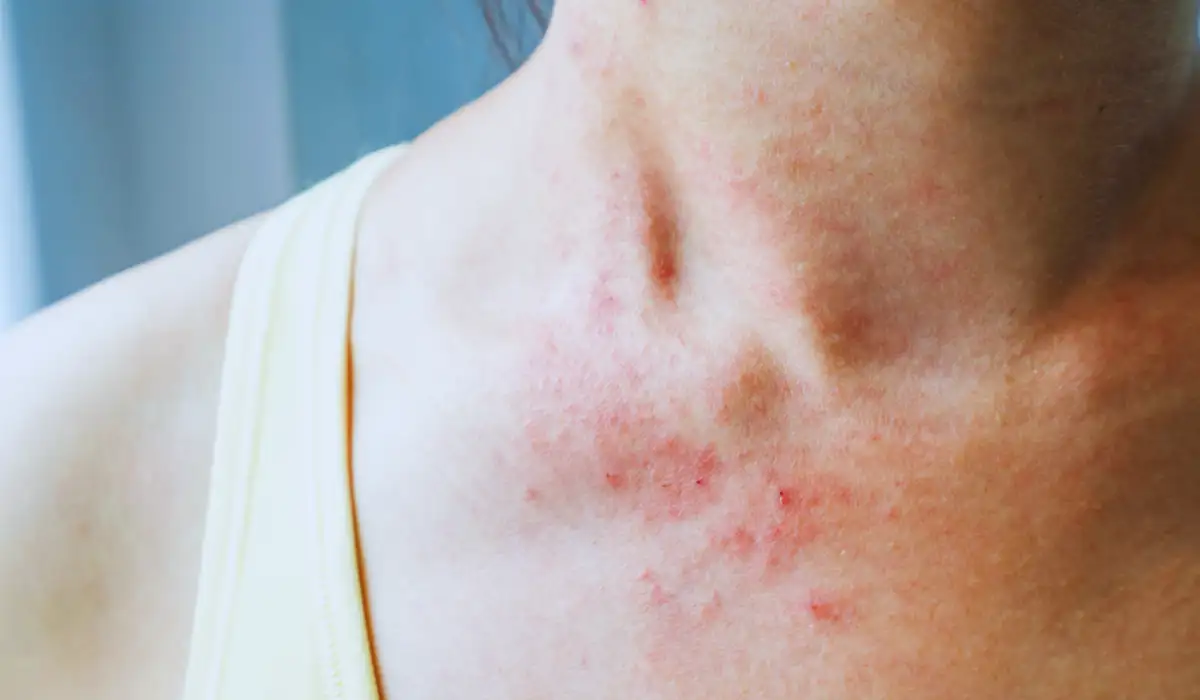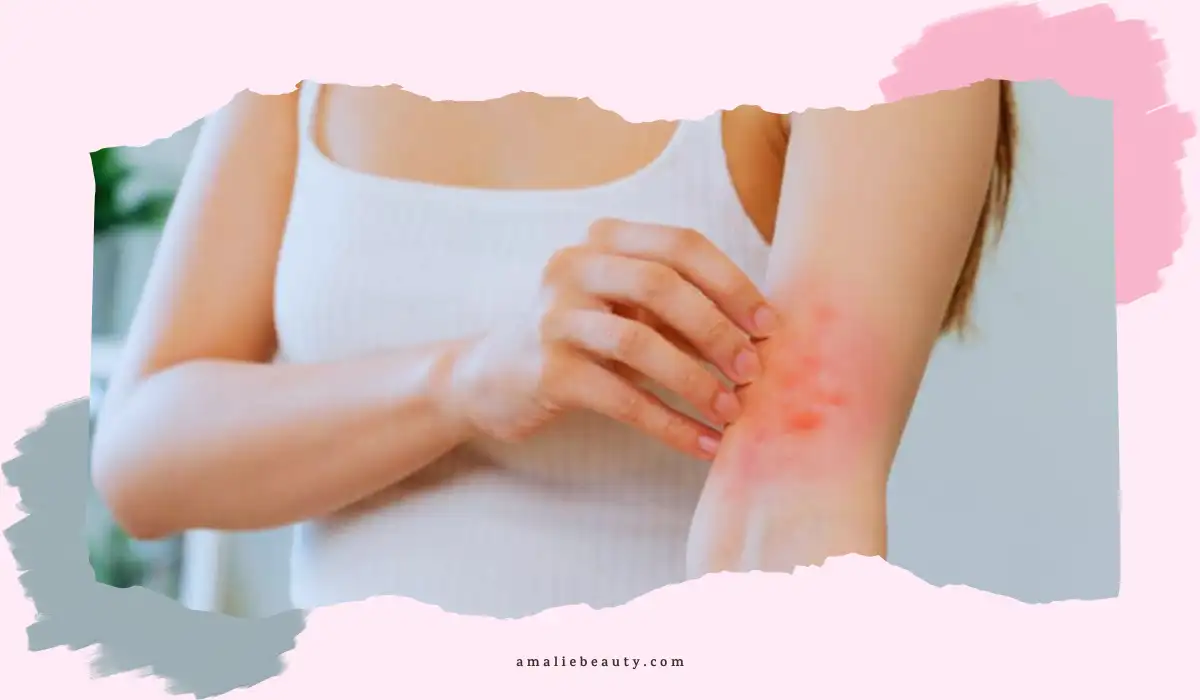To maintain overall health and well-being, taking care of certain aspects and undergoing certain treatments or procedures are necessary, especially if you encounter any disease or health conditions, few of these are challenging and make no sense making it hard to take precautions and do the right things.
Atopic Eczema is such a treatment to nurture your skin and there are often concerns and doubts raised against it.
This article is a brief and detailed insight into Atopic Eczema treatment including everything you need to know, long-term tips, and necessary precautions to guide you to enhance your well-being.
What is Atopic Eczema?

Before diving into precautions, treatments and tips let’s have an overview of what Atopic Eczema treatment is. It is a treatment meant for the skin’s condition known as Atopic dermatitis.
In detail, it is a red itchy, and inflamated skin that turns out to be a chronic condition that ebbs and flows. Bringing both good skin and challenging flare-ups.
Lifestyle Adjustments: The foundation of treatment
The best treatment for any cause or condition is to change your lifestyle to a healthy one.
Let’s take a look at a few lifestyle changes that significantly enhance your skin and overall well-being along with keeping you away from radicals.
➡️ Gentle Skincare routine
Starting by treating your skin with gentle skincare practices could promote good and healthy skin. Opt for natural and toxic chemical-free skincare products that are fragrance-free and hypoallergenic.
These products ensure that your skin isn’t irritated and provoke your sensitive skin. Gently cleanse and moisturize avoiding harsh soaps and products with minimal or natural ingredients.
➡️ Keep your skin hydrated
Keep your skin hydrated by moisturizing regularly. Use a rich emollient moisturizer to keep your skin fresh.
This manages the dryness caused due to eczema and acts as a protective shield from issues outside.
➡️ Avoid triggers
There are certain triggers for a person as each individuals have a unique body. Specific reactions and allergens cause different results on the body, try to understand these allergens and avoid such triggers that contribute to your eczema.
Common triggers include certain fabrics, extreme temperatures, and the harsh detergents you use from external sources to physical reactions.
Triggers within the body include foods you eat and mental conditions such as stress. Pay attention to these reactions and make necessary adjustments.
Tropical methods of Atopic Eczema treatment
Let us take a look at a few treatments that are effective in taking care of your skin and nurturing it the right way.
➡️ Steroid Creams
Tropical corticosteroids are a frequently prescribed treatment or med to reduce the inflammation during the flare-ups caused by certain skin conditions.
They come under various strengths. Your healthcare provider will guide you on the right usage and application for the needs tailored to you.
➡️ Calcineurin Inhibitors
In certain areas of the skin, steroids are most likely to be too potent. That’s where calcineurin inhibitors come into play as an alternative.
Belonging to the topical medication category they are also special in reducing inflammation and can be used specifically in sensitive areas.
➡️ Emollients and Barrier Creams
Emollients turn out to be more than a skin hydration product. It fixes and enhances the skin’s protective layer, hence the name Barrier creams.
These creams often contain ingredients like ceramides and much more which helps to maintain your skin’s integrity.
How to address the itching?
Scratching might not be a great solution to satisfy your itch as it gets the dirt from your hands or nails and damages the skin causing additional rashes and injuries.
Hence to encounter these issues opt for over-the-counter meds or prescription antihistamines. These are very helpful when you face discomfort overnight which disrupts your sleep.
Another way is to apply a cold compress by using a cloth and applying it to an itchy surface. Not only do they provide immediate relief but it also soothes the skin and reduces the temptation to scratch.
Advanced Atopic Eczema Treatment approaches when it’s necessary
These are a few advanced treatments you can undergo in case precautions, self-care, and regular treatments aren’t working for you. These main treatments are,
- Phototherapy: The treatment involves exposure to controlled levels of ultraviolet light to encounter the condition giving its name. This is an effective treatment and can only be done under the supervision of a medical expert
- Immunosuppressants: These are claimed in severe conditions or cases where oral or injectable meds or drugs such as immunosuppressants are taken. This can only be claimed as the last option after all other treatments don’t work.
During these times it is important to maintain your emotional well-being. Conditions like stress are likely to manifest into physical symptoms therefore manage them with stress-relieving activities such as meditation, yoga, and much more.
Also, take part in support groups or networks to understand more and get valuable appreciation and support for boosting overall well-being and being more educated regarding the issue.
When it comes to long-term well-being, it is important to practice your skincare routine consistently which includes staying physically active and exercising with a healthy-balanced diet accompanied by a good lifestyle.
Regularly take part in checkups to monitor your condition and to find any undiscovered issues that exist for the healthcare expert to find the best tips and guidance tailored to you and your body’s needs.
This ensures you’re on the right path and less likely to face issues in the future.
Conclusion
In conclusion, The treatment of atopic eczema to the skin is skin care but to prevent or encounter the specific skin condition.
With the tips mentioned in the article such as embracing a good skincare routine and making sufficient lifestyle achievements, it makes the path of navigating through the issues easier and ensures you a safe and guaranteed future for your body and well-being.
The reactions on the skin could also be due to several other reasons and therefore make sure you monitor or visit a healthcare expert to prevent any further issues for you.
References
- National Institute of Allergy and Infectious Diseases. Skin Care at Home (https://www.niaid.nih.gov/diseases-conditions/eczema-treatment). Accessed 10/25/2022.
- National Institute of Arthritis and Musculoskeletal and Skin Diseases. Atopic Dermatitis (https://www.niams.nih.gov/health-topics/atopic-dermatitis). Accessed 10/25/2022.

